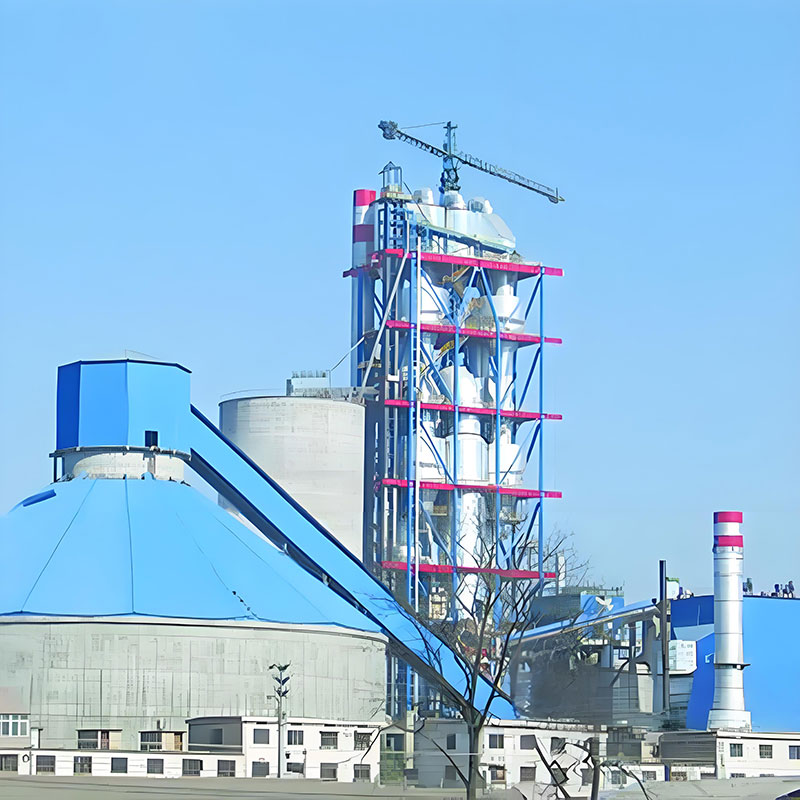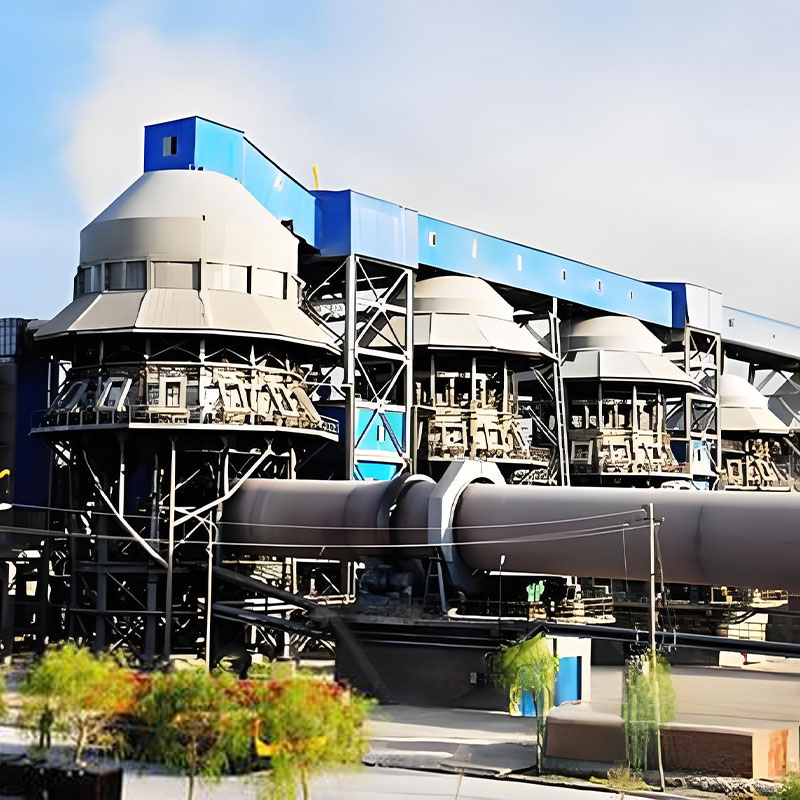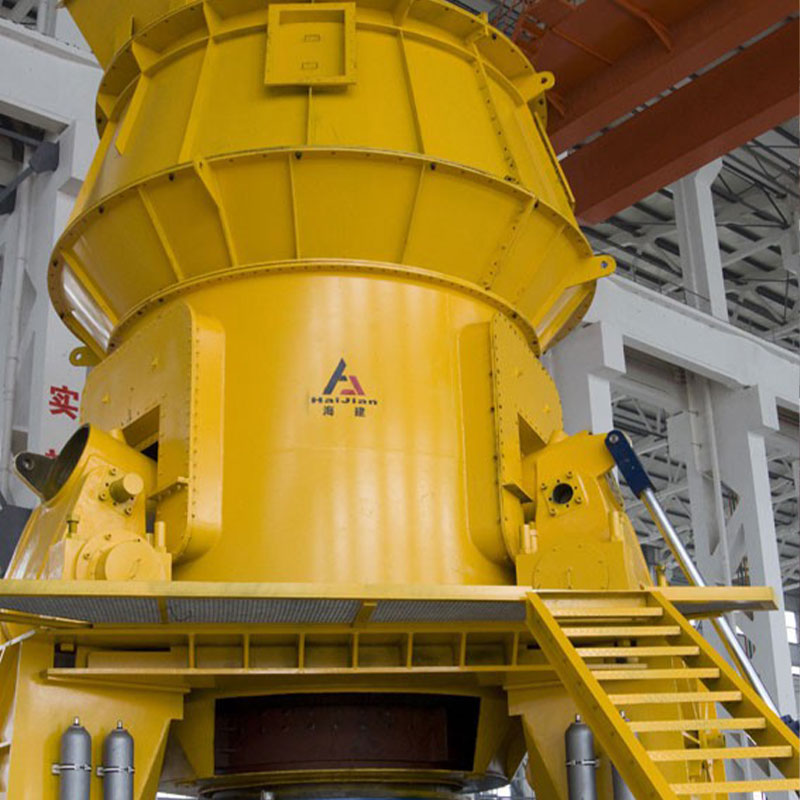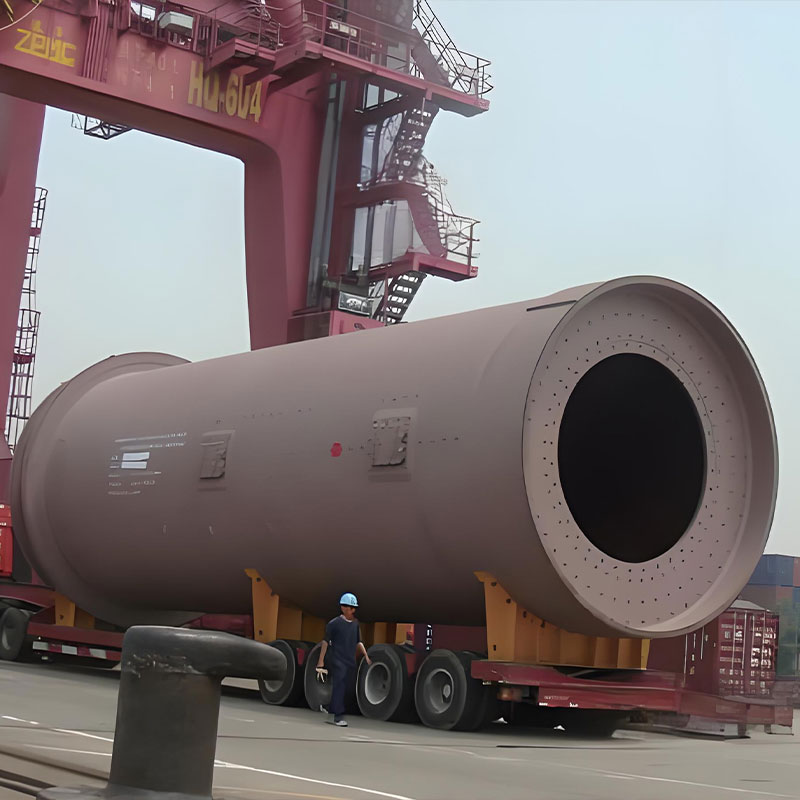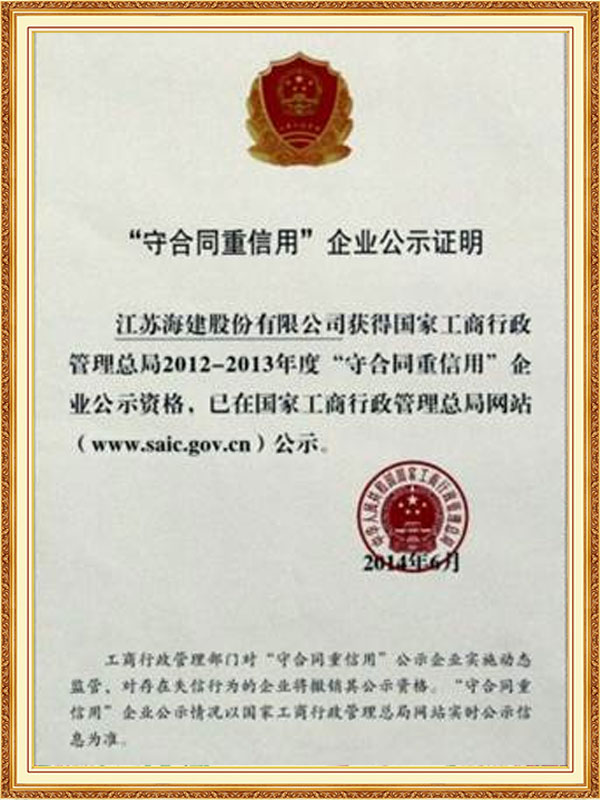Jiangsu Haijian Co., Ltd is a professional China Rotary kiln Manufacturers and Rotary kiln Company. We provide professional cement production equipment, industrial solid waste incineration equipment, and professional equipment for mining and metallurgical applications.We are a major manufacturing enterprise, a key backbone enterprise, and a primary export base for cement, power, environmental protection, and metallurgical and mining equipment in China. The company has the legal rights to independently manage the import and export of its products and is legally authorized to undertake general contracting for foreign projects.
-

Professionalism
-

Quality
-

One stop solution



News Center
News Updates
-
Admin 2026-01-30
Cement Production Line: Is It the Most Efficient Way to Build Modern Infrastructure?
A cement production line is the backbone of large-scale construction projects and urban development. By integrating automated processing, energy-efficient systems, and quality control technologies, modern cement production lines deliver consistent output and stable material performance for global in...Read More -
Admin 2026-01-22
What is a Cement Production Line and How Does It Work?
Cement production is the backbone of the construction industry, providing the essential material used in building everything from houses to highways. But how exactly is cement made, and what role does a cement production line play in this process? In this article, we’ll explore what a cement product...Read More -
Admin 2026-01-16
Is cement production line equipment maintenance difficult?
Many cement plant managers ask: Is cement production line equipment maintenance very complicated? Will it delay production? Actually, as long as a standardized maintenance process is established, daily maintenance is not difficult and can effectively reduce downtime and extend equipment lifespan. Re...Read More
Industry knowledge
As core thermal equipment in the chemical, metallurgical, and building materials industries, rotary kilns transform and purify mineral raw materials through a high-temperature calcination process. In cement production, they convert raw meal into highly reactive cement clinker, increasing the final product's compressive strength by 5-10 MPa. In the metallurgical industry, rotary kilns perform crucial processes such as magnetization roasting of lean iron ore and reduction of laterite nickel ore, achieving nickel recovery rates exceeding 90%. In the chemical industry, their stable temperature control ensures consistent quality for products such as chromium salts and aluminum hydroxide.
The main body of a rotary kiln is an inclined steel cylinder, driven by a transmission. After entering the kiln from the rear, the material moves axially along the cylinder under the influence of gravity, friction, and centrifugal force, while continuously tumbling and agitating. This combined motion ensures uniform heating of the material and prolongs its residence time in the high-temperature zone. Jiangsu Haijian Co., Ltd. is a professional rotary kiln manufacturer and company. We provide professional cement production equipment, industrial solid waste incineration equipment, and specialized mining and metallurgical application equipment. The operating principle of a rotary kiln combines the synergistic effects of mechanical motion and high-temperature chemical reactions. A high-temperature resistant industrial television installed at the kiln head captures flame patterns and material movement in real time. This, combined with infrared scanners, generates thermal images of the calcining zone, which are then transmitted to the DCS control system.
A continuous maintenance system is key to ensuring the long-term operation of the rotary kiln. Refractory material management utilizes 3D laser scanning technology, generating weekly kiln lining thickness distribution maps (accuracy ±3mm). Automatically alerts are issued when the remaining thickness of fired magnesia-alumina spinel bricks is less than 100mm. A vibration-temperature composite sensor is installed on the roller bearings, using spectrum analysis (frequency resolution 1Hz) to proactively identify bearing wear trends. The gear transmission system implements online oil monitoring, triggering maintenance procedures when ferrography indicates a wear particle concentration greater than 15ppm.


 English
English  русский
русский  Español
Español 